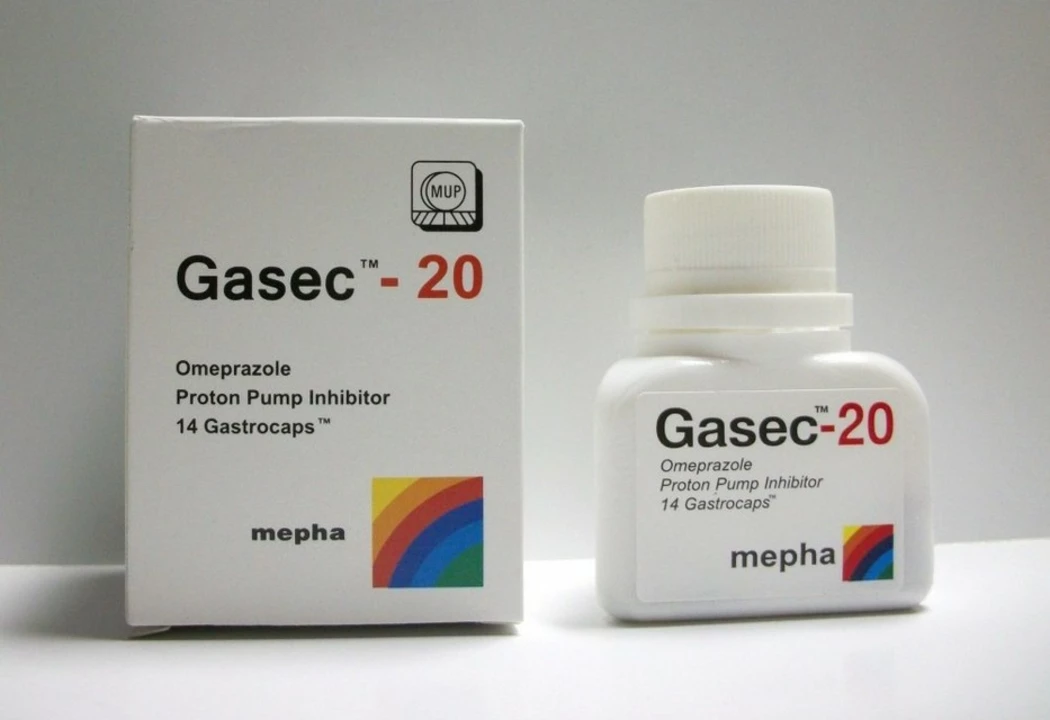Headaches: quick relief, common causes, and smart medication tips
Headaches are one of the most common complaints I hear, and they range from a dull pressure to a crippling migraine. You don’t always need a doctor, but knowing what type you have, what helps fast, and what to avoid can save you pain and trouble. This page pulls together practical tips you can try at home and clear signs for when to get medical help.
Quick relief and safe choices
If a headache hits hard and unexpectedly, try these simple steps first: lie down in a quiet, dark room, apply a cool pack to your forehead or neck, and sip plain water slowly. Dehydration is a common trigger, so drinking water can actually stop a headache in its tracks.
For medicines, acetaminophen (paracetamol) and NSAIDs like ibuprofen often work well for tension headaches or mild migraines. Follow the label dose and don’t mix different products that both contain acetaminophen—too much can hurt your liver. If you take prescription meds like antidepressants or blood pressure drugs, check for interactions before adding new pain relievers. Our site has guides on acetaminophen safety and common drug interactions that are worth a quick read.
Keep an eye on medication overuse. Using painkillers more than 10–15 days a month can actually cause rebound headaches. If you find yourself reaching for pills daily, that’s a red flag to change strategy and talk to a clinician about preventive options.
Types, triggers, and when to see a doctor
Tension headaches feel like a band of pressure and often come from stress or poor posture. Migraines are usually one-sided, throbbing, and come with nausea or light sensitivity. Cluster headaches are intense, short, and come in bursts. Spotting the pattern helps pick the right treatment.
Common triggers include lack of sleep, skipped meals, dehydration, stress, strong smells, and too much caffeine or alcohol. Keep a simple headache diary for a week—note sleep, food, drinks, and activity. That often reveals one or two obvious triggers you can fix quickly.
Get urgent help if your headache is sudden and severe, comes with fever, confusion, double vision, weakness, or trouble speaking. Also see a doctor if your headaches suddenly change pattern, get worse despite treatment, or force you to miss work or school regularly. These signs need prompt evaluation.
Want more? Browse our site for in-depth articles on headache-friendly medications, tips for avoiding side effects, and safe online pharmacy buying guides. Small changes—better sleep, regular meals, hydration, and careful use of medicines—can make most headaches stop showing up so often.
Tips for Managing Exemestane-Related Headaches and Migraines
Dealing with exemestane-related headaches and migraines can be a challenging aspect of cancer treatment, but there are a few tips to help manage the symptoms. Firstly, it's essential to maintain good communication with your healthcare team and notify them of any concerns. Secondly, staying hydrated and maintaining a regular sleep schedule can help alleviate headaches. Thirdly, learning relaxation techniques and employing stress-management strategies can also provide relief. Lastly, over-the-counter pain relievers can be beneficial, but always consult your doctor before taking any medications.
Omeprazole and headaches: What to do if this medication causes discomfort
I recently came across some information about Omeprazole potentially causing headaches in some individuals. As a medication widely used to treat acid reflux and stomach ulcers, it's important to know how to manage this discomfort if it arises. If you experience headaches while taking Omeprazole, it's recommended to speak with your doctor to discuss alternative medications or adjusting your dosage. Additionally, staying well-hydrated and incorporating relaxation techniques may help alleviate headache symptoms. Remember, it's always best to consult a healthcare professional before making any changes to your medication routine.

